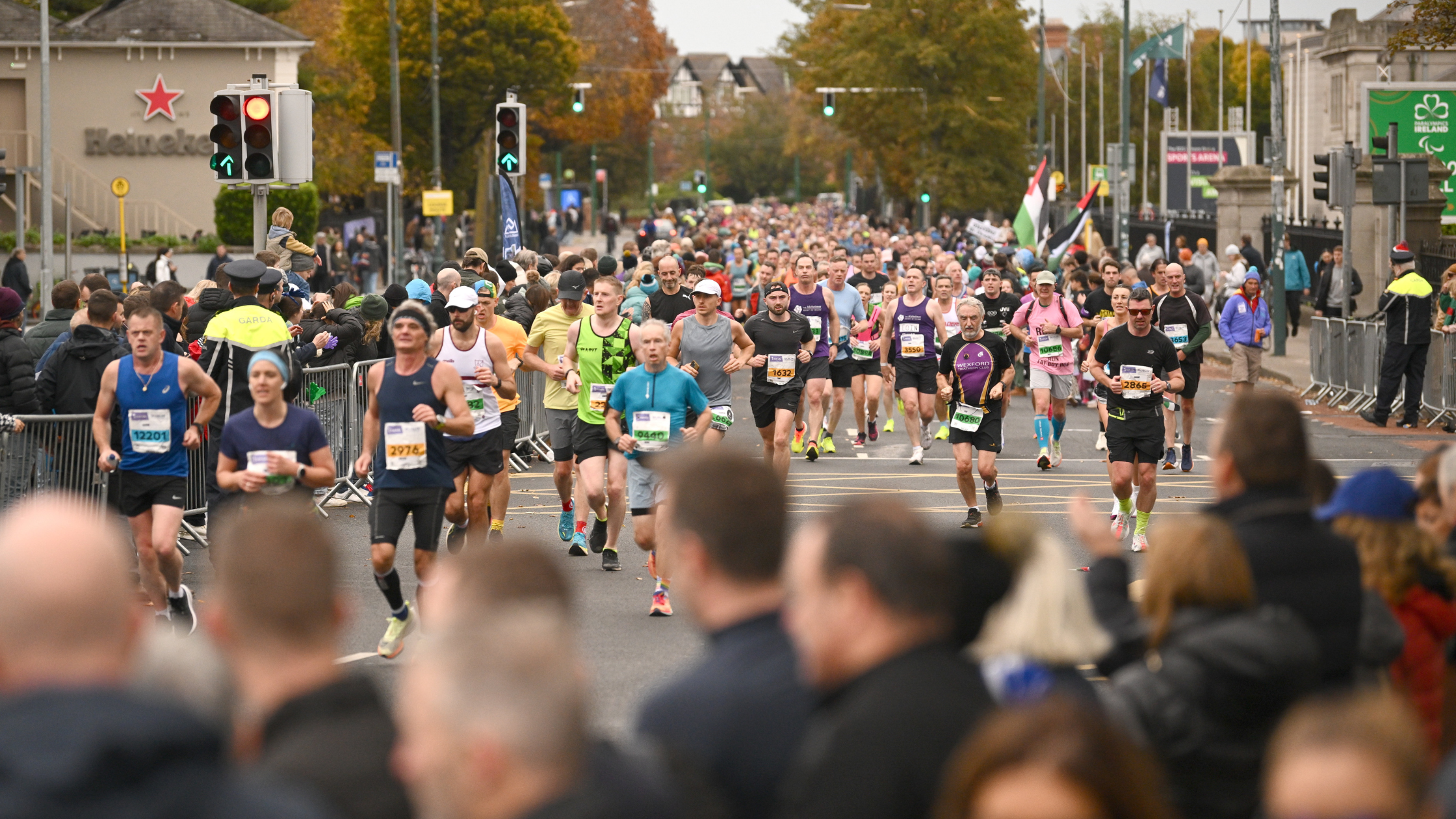Running has often been viewed as a potentially dangerous or damaging activity. But can a sport that improves your cardiovascular fitness really be bad for you? Here's an assessment on whether running is good or bad for you.
A common point of discussion amongst runners and non-runners is weighing up the benefits (or not) of running. Detractors will discuss valid points such as joint problems and repeated muscle injuries, whilst advocates will enthuse about cardiovascular benefits and the freedom that running can bring. So who’s right and who’s wrong, or is there some middle ground?
To keep the assessment balanced, we have listed our top six discussion points with the arguments from each camp (for and against), together with our overall verdict on whether running really is good for you or not.
Running causes joint problems and impact injuries
Running is good for you : Running strengthens your joints and bones and provided you wear well-cushioned shoes, run off-road regularly for improved shock absorption, and avoid heavy training mileages, you’ll not experience problems.
Running is bad for you : Repeated pounding takes its toll (in both the short and long-term) on bones, particularly on joints such as the knee, which is particularly susceptible to injury.
Regular running will strengthen the skeleton but equally, if you always run on pavements, have unsuitable footwear or focus on long distances on the road, you can get injured.
Running is boring
Running is good for you : The great outdoors, off-road exploration and the freedom that running brings means that it’s never boring.
Running is bad for you : Plodding around the same routes week in, week out is dull, dull, dull. Exercising without any purpose (as opposed to running during a football game or sport) is pointless.
Running can be boring because by nature it is a repetitious activity. However, by varying your routes, distances and training sessions, training with friends as well as alone should mean that you never get stale.
Running causes imbalances in the body
Running is good for you : Running mainly strengthens the legs but the upper body is also employed for posture and driving the arms, particularly on hills.
Running is bad for you : The majority of runners have muscle imbalances because they neglect upper body training and tend to opt for more running. Hence they can become susceptible to injuries and typically have limited upper body strength.
A great many runners are imbalanced with weaker upper bodies. Running does build strong legs but every runner should devote time to all-round conditioning to build upper body strength and maintain complete postural balance.
Runners are inflexible and frequently get muscle injuries
Running is good for you : Providing you warm up well and include flexibility exercises in your training schedule, runners should not experience strains and muscle pulls.
Running is bad for you : The primary topic of conversation on any running club night or the start line of any race, is who’s currently injured, who’s been injured and who’s coming back from injury. Injuries and running go hand-in-hand.
It’s true that far too many runners get injured and needlessly so. Following correct training protocols and focusing on regular flexibility training, particularly for the older runner, should ensure that you can continue to train unhindered. Neglect this key area of training and you’ll be on the sidelines more often than not.
Running is inherently dangerous to your health
Running is good for you : Running brings a whole host of physiological benefits, including an improved cardiovascular (CV) system, stronger heart, greater blood volume and improved resistance to infection to name a few.
Running is bad for you : Running is a killer. Remember Jim Fixx, the American running guru that died whilst on a training run? More recent examples of fatalities in the other major running events show that it is a dangerous activity.
Yes, Jim Fixx did die whilst running and of a heart attack, but his sedentary father died similarly when he was ten years younger than Jim. It is likely that Jim Fixx’s devotion to running gave him an extra ten years of quality life that his father didn’t enjoy. The percentage of fatalities in races is infinitesimally small and regular running provides a great many health and fitness benefits that outweigh rare instances of heart attacks or other medical problems that may occur whilst training or racing.
Running is unhealthily obsessive
Running is good for you : A good run gets the blood coursing through your veins, improves your mood, is a great weight management tool and because of all these positives, makes you want to continue repeating the experience. That makes for a long term commitment to a healthy lifestyle.
Running is bad for you : Runners are over-focused on weekly mileage, never missing a training session and manipulating their day around their training run so that it dominates above all else.
Running is an obsessive activity and can attract obsessive characters. Equally, it brings a whole host of physical and psychological benefits every time you run. The key is to keep your running in perspective and in balance with the rest of your life so that it enhances your life rather than dominates it.
The verdict on whether running is good for you
Both camps have valid points. It would be very easy for us to categorically promote running and disregard the valid and real problems that running can bring. However, to remain completely balanced, that would be an invalid assessment. Running is a life enhancing activity that can be enjoyed at every age and level by whoever puts on a pair of training shoes.
But, and it’s a big but… similar to any activity, there are sensible and necessary precautions to take that will ensure you are able to train safely and can continue to train long-term. To get the most out of your running, keep it in balance with everything else in your life: your work, family, relaxation etc. Then, as a health and fitness activity, it’s pretty hard to beat. In our view, it’s neither a killer nor a cure-all, but the positives of running outweigh the negatives by a considerable margin.















